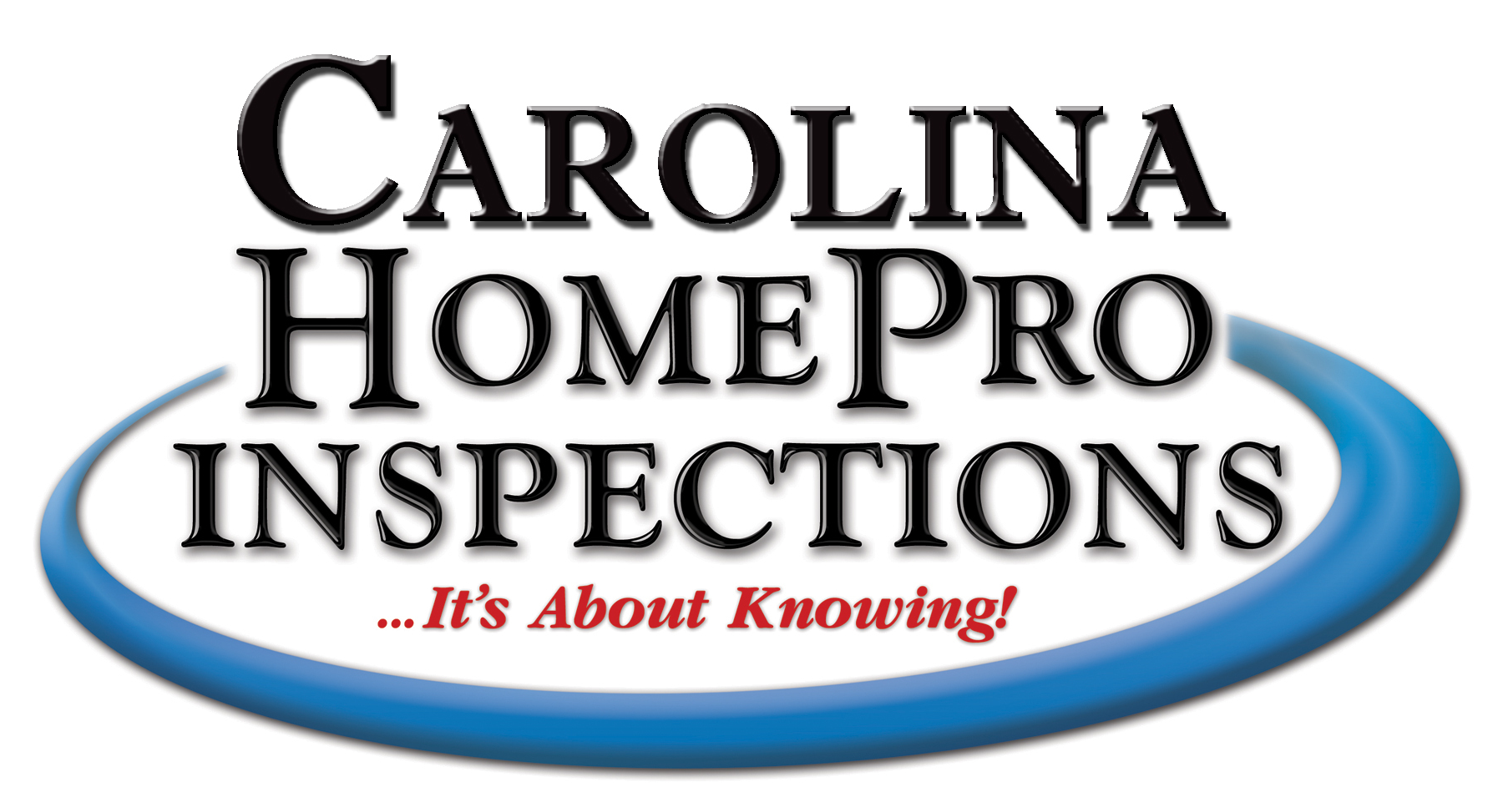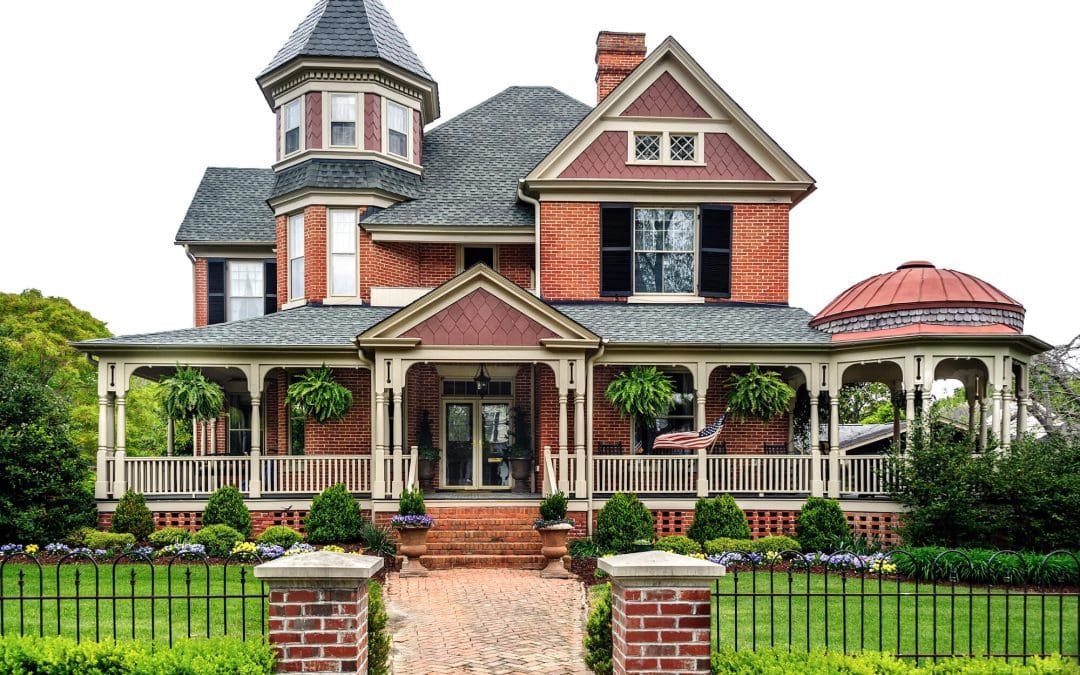Buying a home is exciting, but it’s also one of the biggest financial moves you’ll ever make. And while there’s plenty of advice out there, some of the most expensive lessons don’t show up until it’s too late. Home-buying mistakes can sneak up on anyone—first-time buyers and seasoned homeowners alike. Knowing what to watch out for can help you protect your money and keep your budget on track.
Let’s break down the most common home-buying mistakes that end up costing buyers far more than they expect.
Skipping Pre-Approval is a Common Home-Buying Mistake
Some buyers jump into house hunting before getting pre-approved for a mortgage. It feels like a shortcut, but it sets you up for trouble. Without pre-approval, you won’t know how much home you can realistically afford. You might fall in love with a house that’s out of reach or get stuck in a bidding war you can’t win.
Pre-approval also gives you leverage with sellers. It shows you’re serious and ready to close. Skipping this step can lead to wasted time and blown opportunities.
Underestimating the Total Cost is One of the Worst Home-Buying Mistakes
A lot of buyers focus only on the sale price and monthly mortgage payment. But those are just the beginning. Property taxes, insurance, maintenance, repairs, utilities, and HOA fees all add up fast. If you’re not accounting for the full picture, you can find yourself stretched thin—or worse, in over your head.
Create a realistic monthly budget that includes everything, not just the mortgage. That way, you know exactly what you’re signing up for before making an offer.
Overbidding Without a Backup Plan is a Risky Home-Buying Mistake
It’s easy to get caught up in the excitement of a hot market. But overbidding just to win can backfire in a big way. Paying more than a home is worth can make it harder to get financing. Even if you do close, you may end up with negative equity if the market cools.
If you’re bidding above asking, make sure the numbers still make sense for your long-term financial goals. Leave room in your budget for surprises, not just the sticker price.
Skipping the Home Inspection is a Budget-Busting Mistake
No matter how perfect a home looks, skipping the inspection is a gamble you don’t want to take. A home inspection reveals what’s hiding behind the walls—and how much it might cost you later.
Structural issues, roof problems, outdated electrical, plumbing leaks, and HVAC systems on their last leg are all things an inspector will flag. Without that report, you’re flying blind and possibly signing up for tens of thousands in repairs.
Forgetting About Closing Costs
Many buyers are surprised by how much they owe at the closing table. Closing costs typically range from 2% to 5% of the purchase price. That can mean several thousand dollars out of pocket.
If you don’t plan ahead, these costs can throw your budget off completely. Work with your lender and agent early to get an accurate estimate so you’re not blindsided.
Letting Emotions Override Strategy is a Common Home-Buying Mistake
Buying a home is emotional—but letting that emotion drive your decisions can get expensive. Falling in love with a house often leads to rushed offers, waived contingencies, or ignoring red flags. That’s how buyers end up with a money pit or a mortgage they can’t comfortably manage.
Stay grounded in your budget and your must-haves. If a house doesn’t check the right boxes or feels like a stretch, walk away. There will be other homes.
Failing to Shop Around for a Mortgage is a Silent Budget Killer
One of the most overlooked home-buying mistakes is sticking with the first mortgage offer you receive. Rates and fees can vary more than you’d think. Even a slightly higher rate can cost you thousands over the life of the loan.
Take the time to compare lenders. Look beyond interest rates—ask about loan terms, points, fees, and flexibility. A little research here goes a long way.
FAQs
What are the most expensive home-buying mistakes?
Skipping inspections, underestimating ongoing costs, and overpaying in a bidding war often lead to the biggest financial consequences.
How much should I budget beyond the sale price?
Plan for 2% to 5% of the purchase price in closing costs, plus moving expenses, home maintenance, utilities, and an emergency fund for repairs.
Is it worth paying for a home inspection?
Yes. It’s one of the most important tools for protecting your investment and avoiding unexpected repair bills.
Can I back out after making an offer?
Yes, depending on the contingencies in your contract. Inspection, financing, and appraisal contingencies give you ways out.
Should I waive contingencies to get the house?
Waiving contingencies can speed up a deal, but it also increases your risk. Talk with your agent before making that call.
Carolina HomePro Inspections provides home inspections in Charlotte, NC, and the Rock Hill area of South Carolina. Contact us to schedule an inspection.

